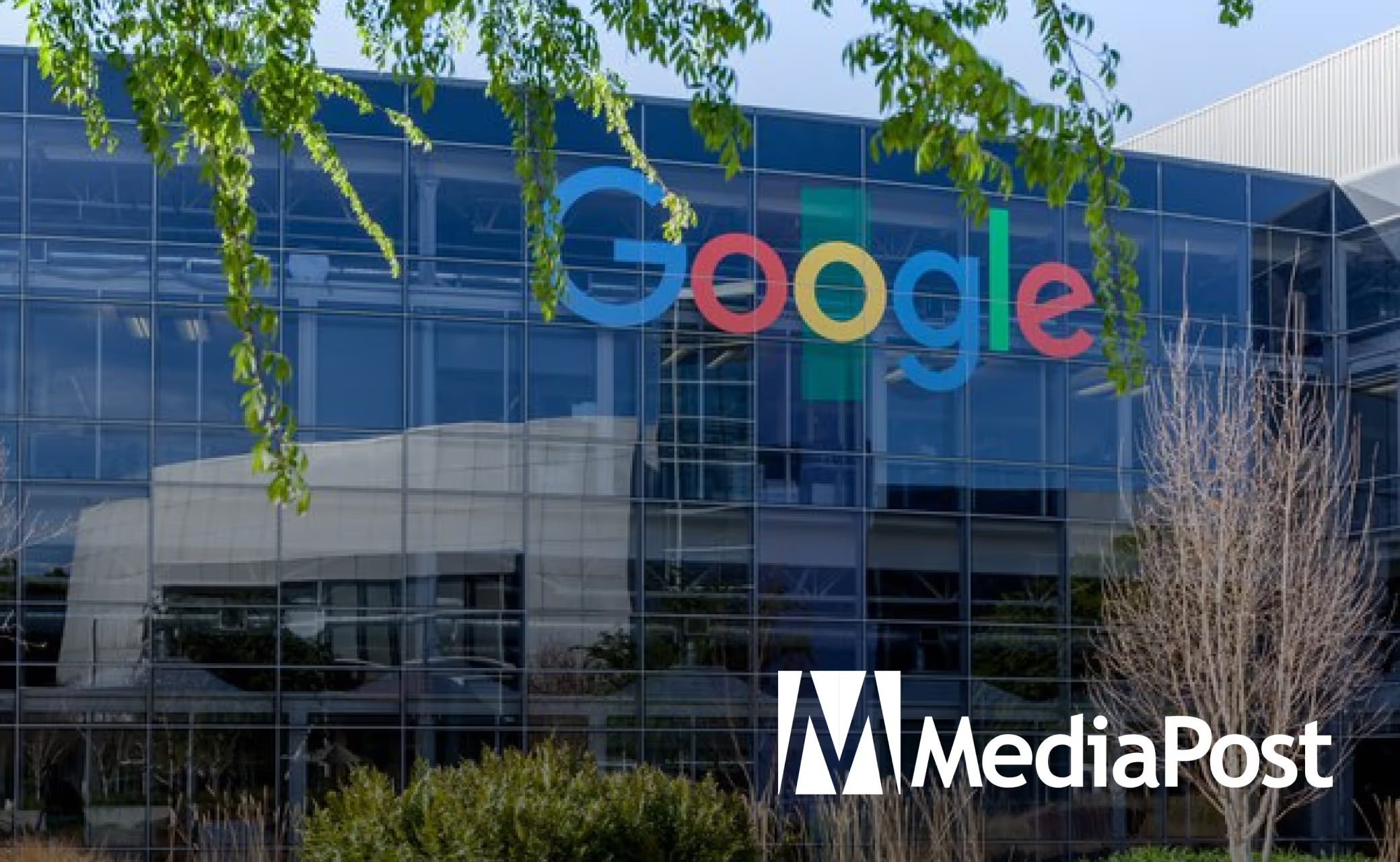U.S. District Judge Leonie Brinkema ruled Thursday that Google illegally dominates two markets for online advertising technology, with the company willfully acquiring and maintaining monopoly power in markets for publisher ad servers and the market for ad exchanges, technology and services that sit between buyers and sellers.
When I asked industry experts why Google's acquisitions were not stopped at the time to prevent this, Gartner Distinguished VP Analyst Andrew Frank wrote in an email to MediaPost that "many people raised issues at the time of the acquisitions," but he couldn't say why it took so long for the U.S. courts to examine them.
As Google looks to appeal its monopoly verdict and possibly recalibrate a strategy to unbundle its Ad Manager suite, NetElixir CEO Udayan Bose believes advertisers will see fluctuations in auction dynamics, bid prices and campaign performance.
Platform execs like Bose are talking about an open ad-tech ecosystem that will create healthier competition, greater transparency and better returns on ad spending.
For publishers, he said the verdict validates years of frustration. Many publisher executives have felt stifled, unable to shop around for better terms without risking revenue or breaching contracts.
Google’s “practice of forcing publishers to use its ad server to tap into its exchange" was finally called out, according to Bose. That one change can open an ad-tech world that has been stuck with one supplier for far too long, he wrote.
Independent supply-side platforms (SSPs) like Magnite and PubMatic will now have their opportunity to reclaim share, and publishers finally have the "legal green light to diversify their stacks without penalty," Bose wrote in an email to MediaPost.
“When publishers lose control of pricing and advertisers face opaque costs, the whole ecosystem suffers,” said Johanna Bauman, CMO of PubMatic. “It's our hope that this ruling accelerates the shifts we are already seeing in our industry towards more transparency, efficiency, and performance across the open internet.”
At the core of Google's challenges is Ad Manager, a platform used by publishers to manage advertising, optimize revenue, and protect brands.
"Inside ad tech, we’ve long understood how vertically integrated stacks like Google’s can create seismic shifts that tilt the game in any number of directions,” said Eric Shiffman, vice president of product marketing at Yieldmo. “The real test is whether regulators will follow through with the proposed remedies that unbundled the power.”
The industry is left with a truck load of questions. Whatever happens next, Shiffman said, has the potential to bring about a once-in-a-generation opportunity to reset the open web, and hopefully rebuild it on fairness, transparency, and quality.
“Do parts of Ad Manager get sold off, or shut down altogether?" asked Ben Kartzman, president and COO of Attain. "The implications are massive for advertisers and publishers, especially if we see a true separation of buying and selling sides."
Kartzman said if structural remedies are enforced, the industry could actually see an open market -- one where innovation and transparency win over lock-in and leverage. That’s the kind of environment the industry has been trying to build.
Lance Wolder, head of strategy at PadSquad, said that even before today’s monopoly ruling, the “black-box approach just isn’t sustainable in the long term, and I hope the ruling will push advertisers to reconsider their dependence on Google’s tech stack.”




